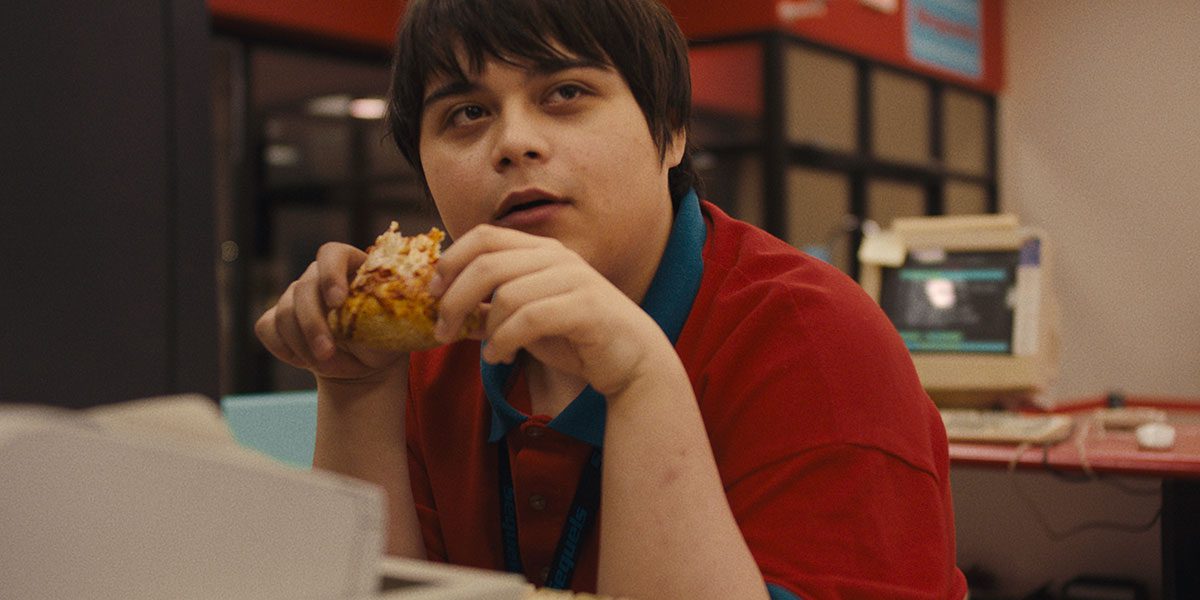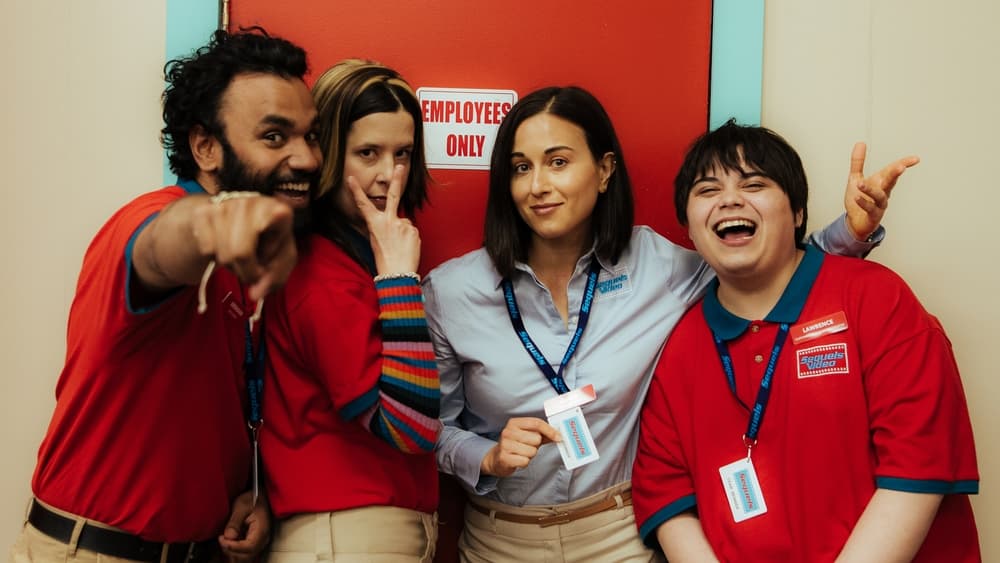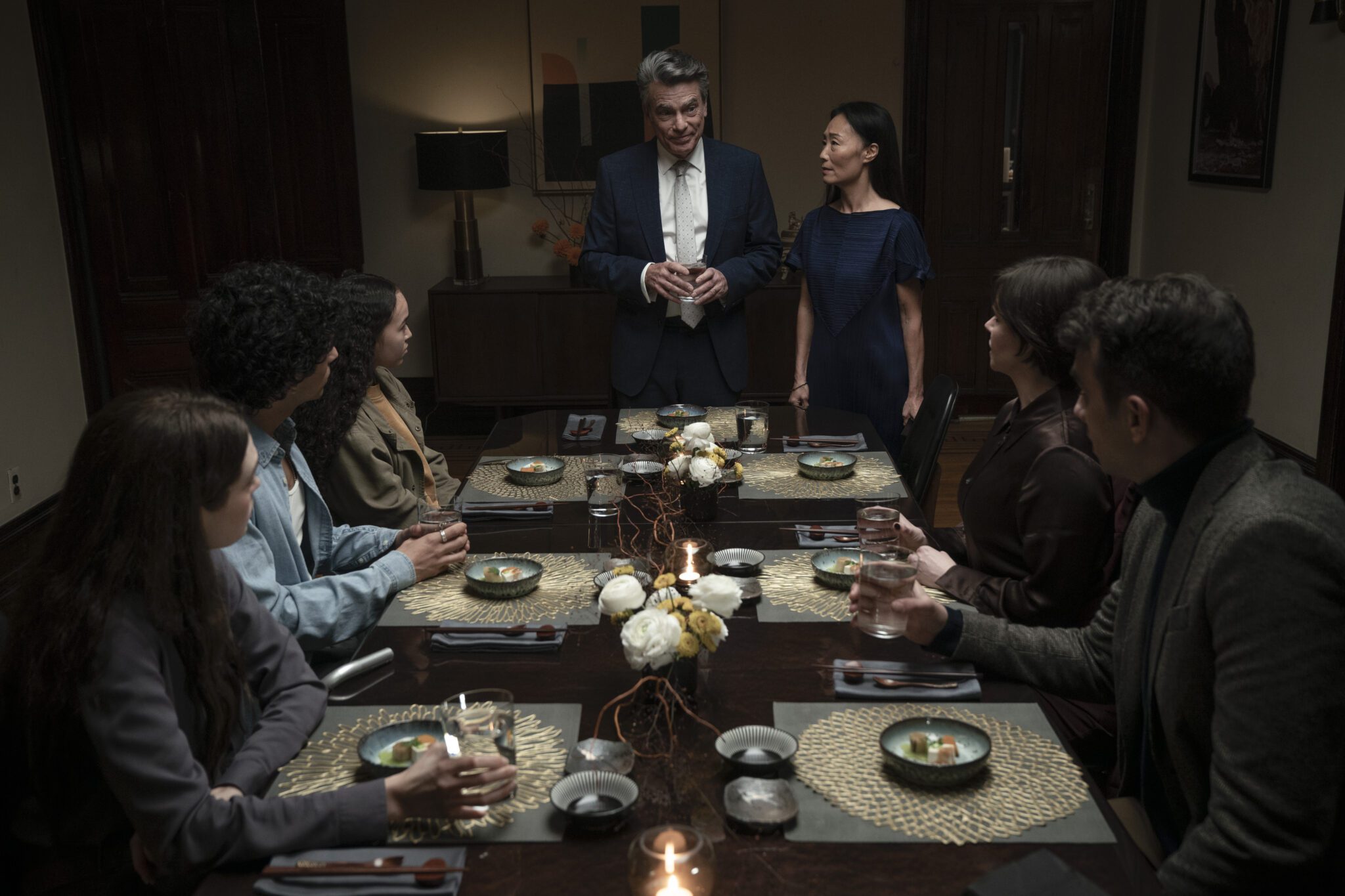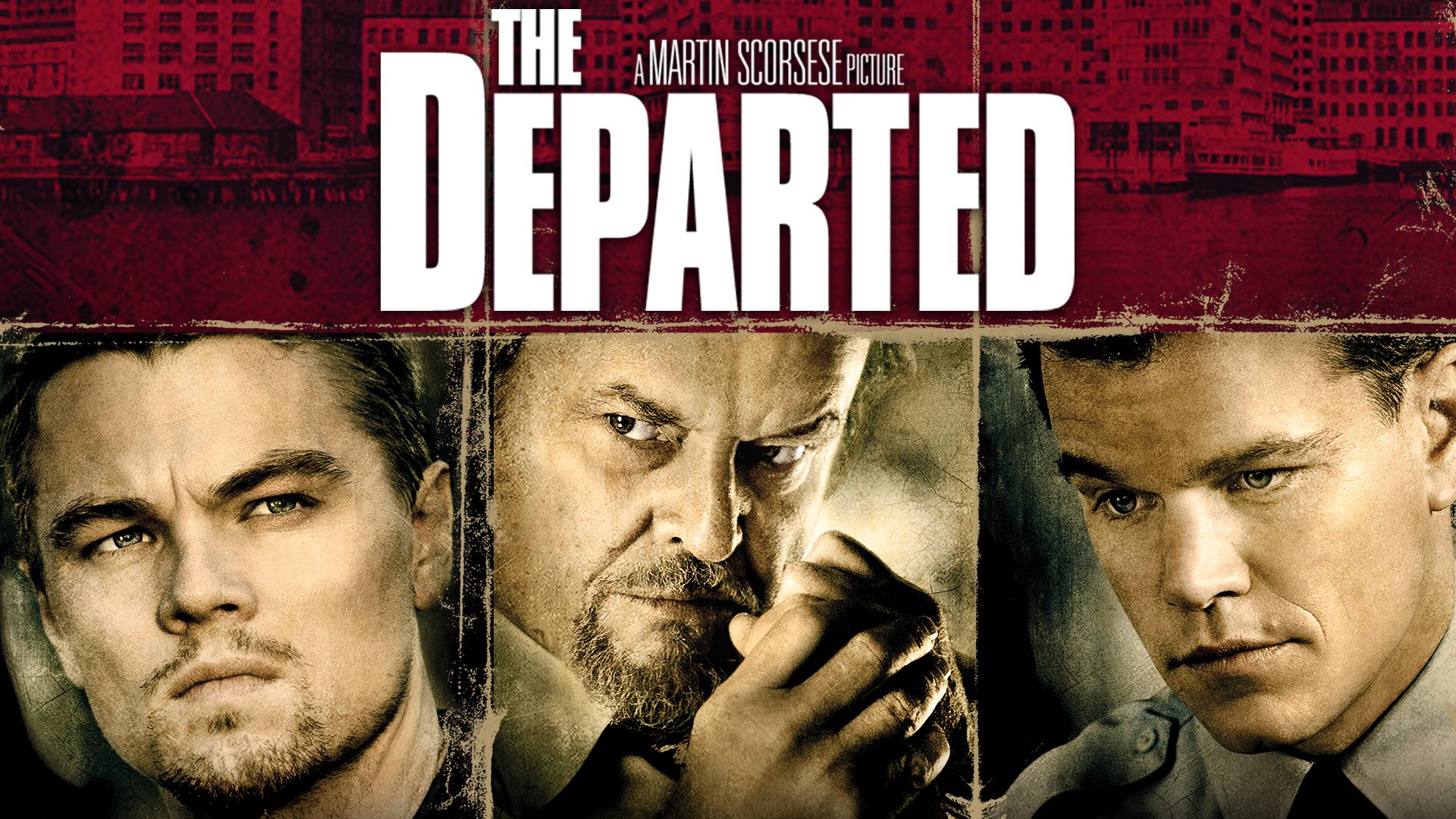
I Like Movies is probably the most GTA film ever made and, if you think I’m talking about the video games, then you’ll probably miss half the references that the film makes. This coming-of-age Canadian indie piece is a delight for all movie lovers and shows that the future of Canadian indie film is heading in the right direction. Set in 2002, director Chandler Levack pulls from her own past to give a portrait of her senior years of high school as seen through the lens of Lawrence. Lawrence is played by Isaiah Lehtinen and he is a revelation in both comedic and dramatic moments. It’s the kind teen lead performance you’d never expect to break your heart but Lehtinen makes every single piece of panic, awkwardness and humor that his character exudes real feel for the audience.
Lawrence is a young cinephile who loves Stanely Kubrick, Punch Drunk Love by Paul Thomas Anderson and SNL and the film shows that he is not afraid to voice his perspective on film. In fact, he believes he’s destined to transcend his Canadian suburb to become one of the great movie directors of his time. His first step towards achieving that is getting into NYU, a school he’s dead-set on getting into, no matter the cost to his family and relationships. One of those people is his single mom, Terry, who supports him the best that she can with her limited free time and resources as an office secretary. Lawrence’s financial status becomes a sense of tension between him and his best friend, Matt, who has been by his side in every anti-social, weird, embarrassing film project. Lawrence’s aspirations to go to NYU pale in comparison to Matt who just wants to have fun and discover himself, a tough situation for a young selfish kid who thinks he already knows who he is and where he’s going.
In order to pay for his inevitable destiny at NYU film, Lawrence starts working at Sequels Video where his pretentious film opinions start to get in the way of his job. Alana (Romina D’Ugo), who hired him partly out of feeling guilty over turning away his love of movies, must try to balance his narcissistic enthusiasm for film with the need to keep corporate protocol because, as we all know, video stores have a long future ahead of them that cannot be jeopardized by bad employees. This forces Alana to take a mentor role with Lawrence and they start trusting each other with their deepest scars. These scenes reveal the characters underlying trauma which results in dramatic scenes that show how these characters react to sharing and going through life together with their shared emotional baggage.

Admittedly, those scenes do sometimes create tonal whiplash from the other parts of the film. For example, the first 15 minutes have some hilarious comedy and so the turn to characters dealing with personal drama is a little hard to get used to at times. Still, the movie employs the long tradition that Taika Waititi has most recently mastered of creating a hilarious film with dramatic undertones and then using those dramatic emotions to naturally bring you to tears. I Like Movies doesn’t complete that transition flawlessly, but it makes up for it with some really great comedy. Lawrence’s arch towards change is a really beautiful sentiment where he realizes the immense value of the people in his life and how he can grow his relationships while still being his cinema-obsessed self.
Levack makes the most of her micro-budget Canadian feature film debut. She and her crew were put in the unique circumstance of making the film during COVID where many businesses ended up empty. It allows the film to showcase some beloved local Canadian highlights like Mr. Sub, Dollarama, Shopper Drug Mart, Cineplex, the GO train and even the classic Oliver Jewelry commercial that had been invading Canadian cable boxes for years. While Lawrence has a lot of contempt for his suburb (a sentiment I’m sure a lot of aspirational people relate to), the film still clearly has a love for these silly Canadian institutions. Levack’s framing and photography of her hometown shows the love that she has for it. It likely reflects the gratefulness that Lawrence develops over the course of the film for the people beside him, a lesson we can all appreciate. The film’s 4:3 aspect ratio focuses us in on the characters over the its minimal production design, pulling the viewers eye from the all-too-modern store fronts that serve as the backdrop of many exterior scenes. Levack wisely focuses on the people of this era instead of the buildings. She captures their attitudes, their belongings like their clothes, cars, DVDs, tvs and video cameras, props that highlight who these characters are.
I Like Movies clearly serves as a love letter (and even an apology) from Levack to her hometown of Burlington. In the Q&A during TIFF 2022, she spoke on how personal the film is and that’s easy to see. Like many of us, Levack probably was a young kid with big dreams and those dreams blinded her. They can pull us away from what can be the most important thing in our lives: the people in it. All of the Lawrence’s grief, trauma and joy in the end doesn’t derive from movies that he watches but rather the people that he is able to connect with. It serves as a message to some of us film-obsessed students and adults who constantly seek refuge in the experience of film or filmmaking. At this point in her career, despite being someone who values and loves movies a lot, Levack knows that the connections with people triumph over all. After all, films only get made when you get along with people and that goes for almost any other field that a young person can aspire to join.
Levack also pushes the envelope in female directing by highlighting the ability for women directors to tackle male stories as well. In I Like Movies, that gave her the chance to show the woes of a young film bro who’s (at times) toxic personality gets in the way of what movies and TV really should be creating for all of us: connection.
I Like Movies is available in theatres on Friday, March 10th, 2023.




